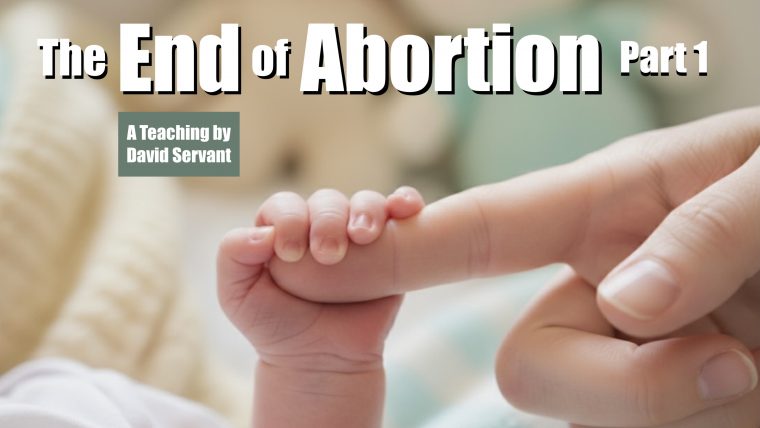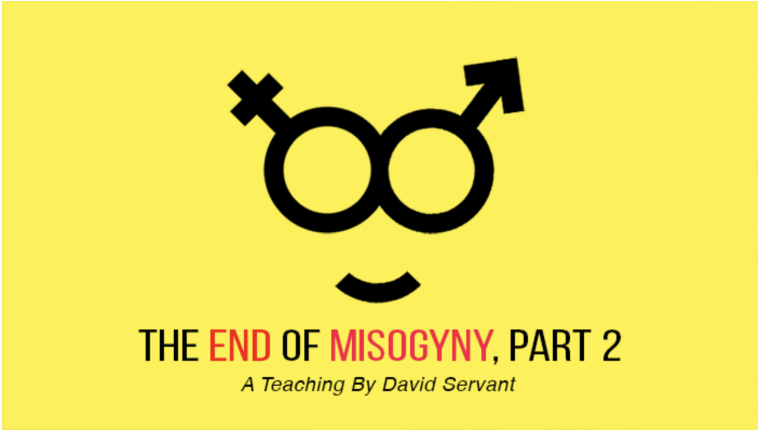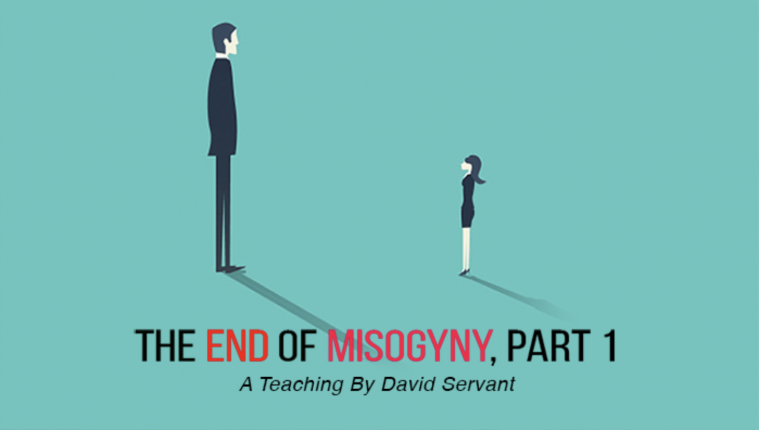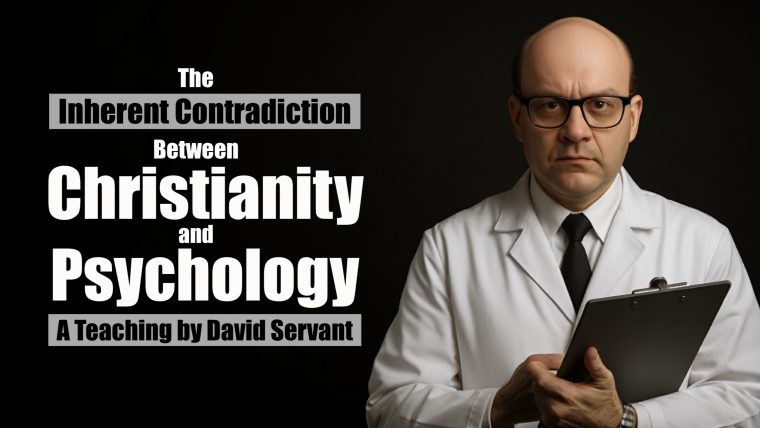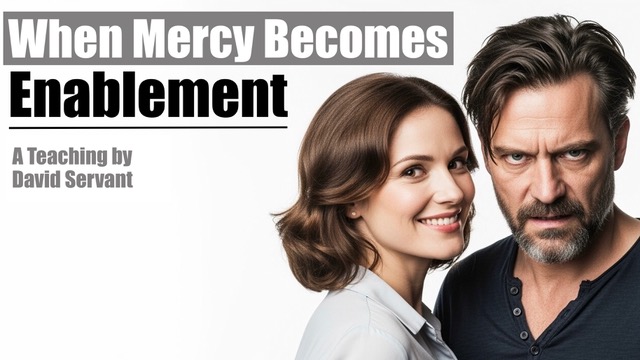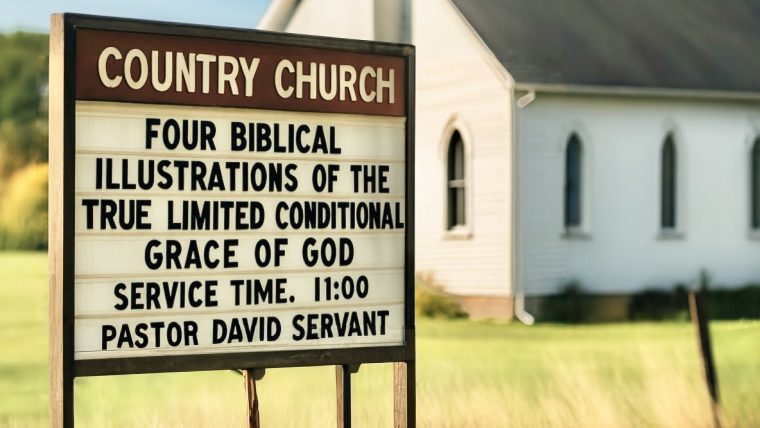
Currently (in 2025), 51% of Americans identify as being “pro-choice,” while 43% consider themselves “pro-life.” The pro-life and pro-choice labels, however, fall short of identifying the more specific stances people hold regarding abortion. The truth is, many people who consider themselves to be pro-choice actually hold views that are pro-life to a degree, and vice versa.
For example, according to recent Gallup Polls, only 22% of Americans believe that abortion should generally be legal during the last three months of pregnancy. That means 78% believe abortion should be illegal during the third trimester.
And only 37% believe that abortion should be legal during the 2nd trimester. That means 63% believe that abortion should be illegal during the 1st and 2nd trimesters.

